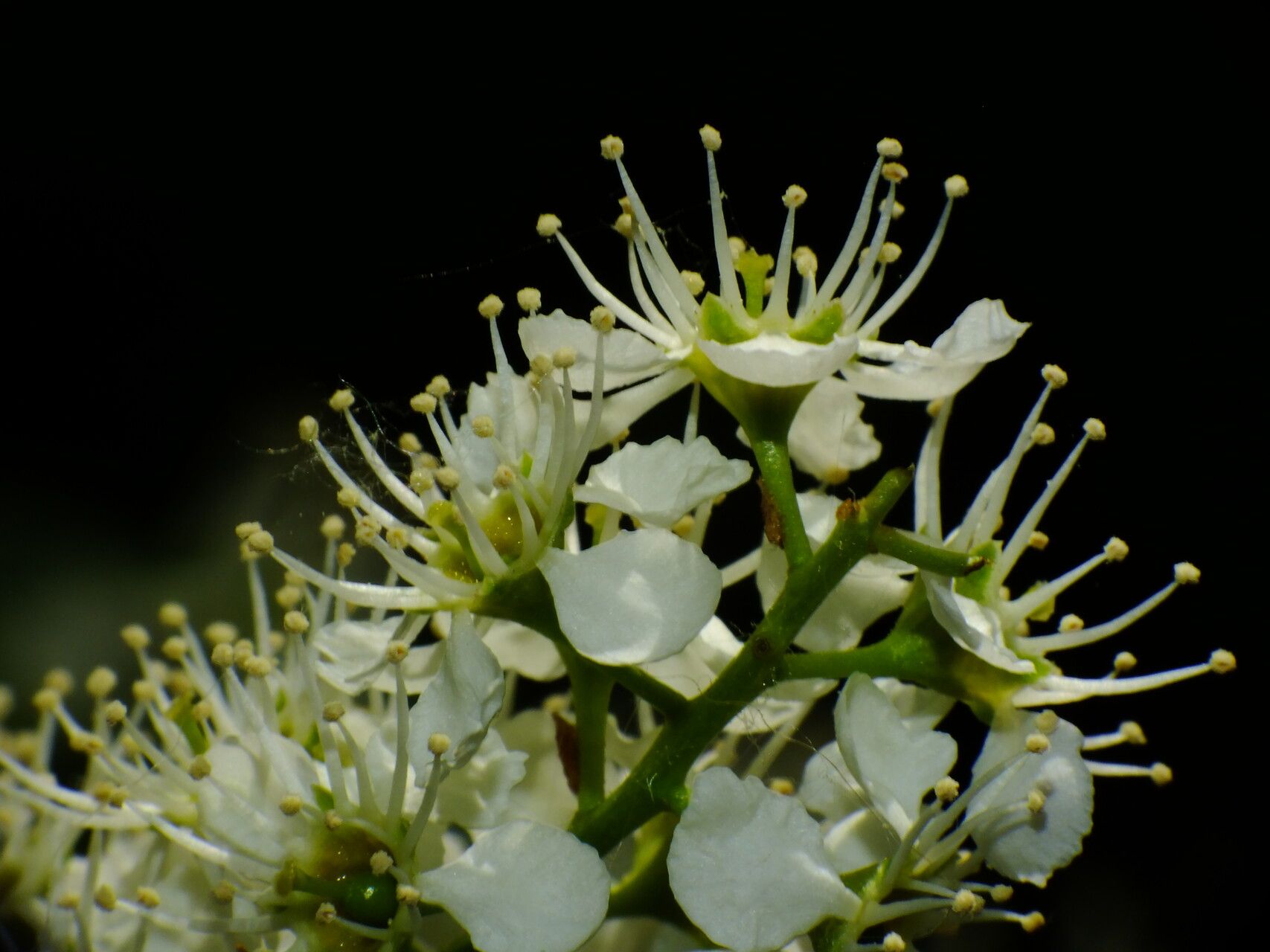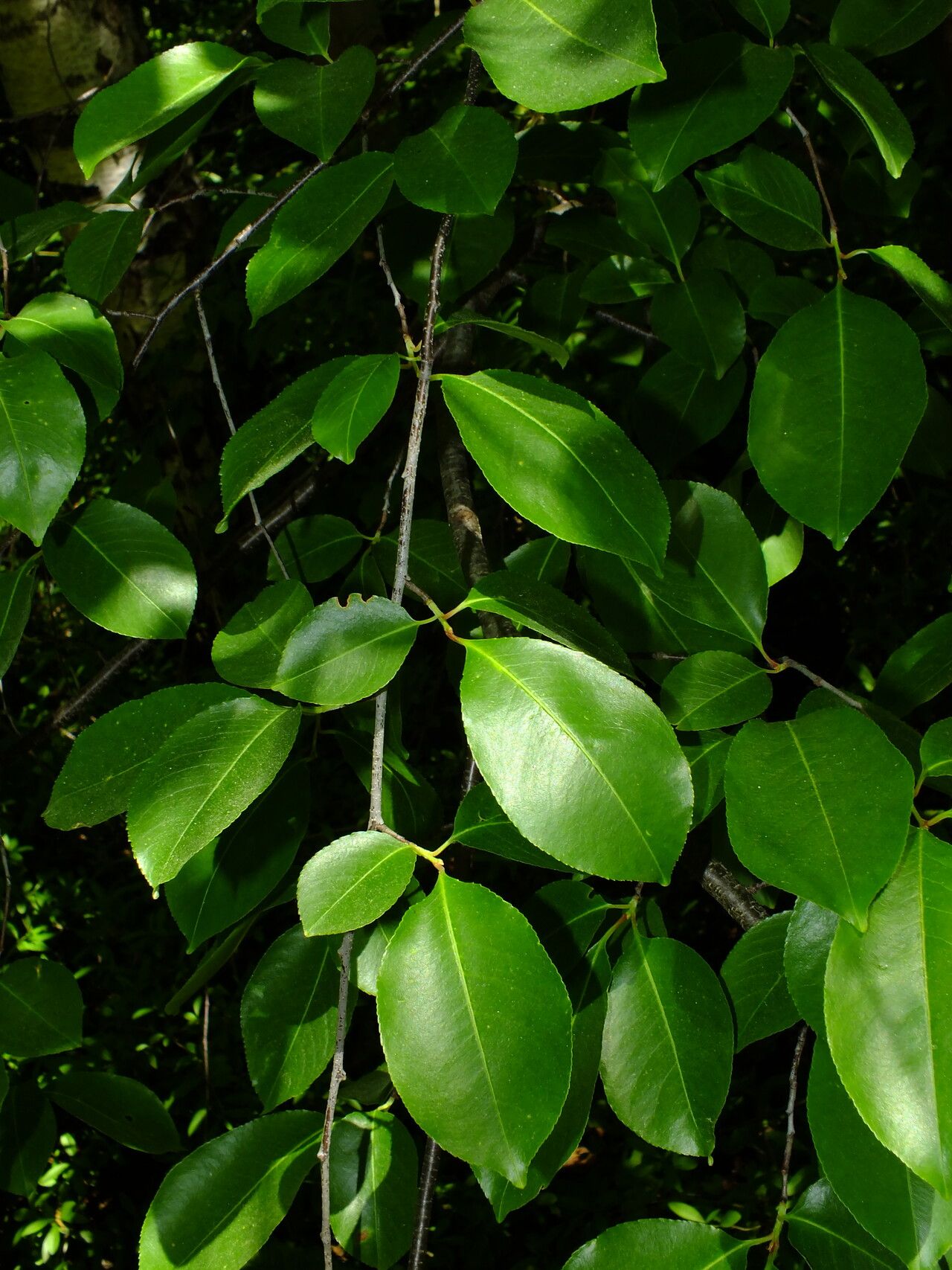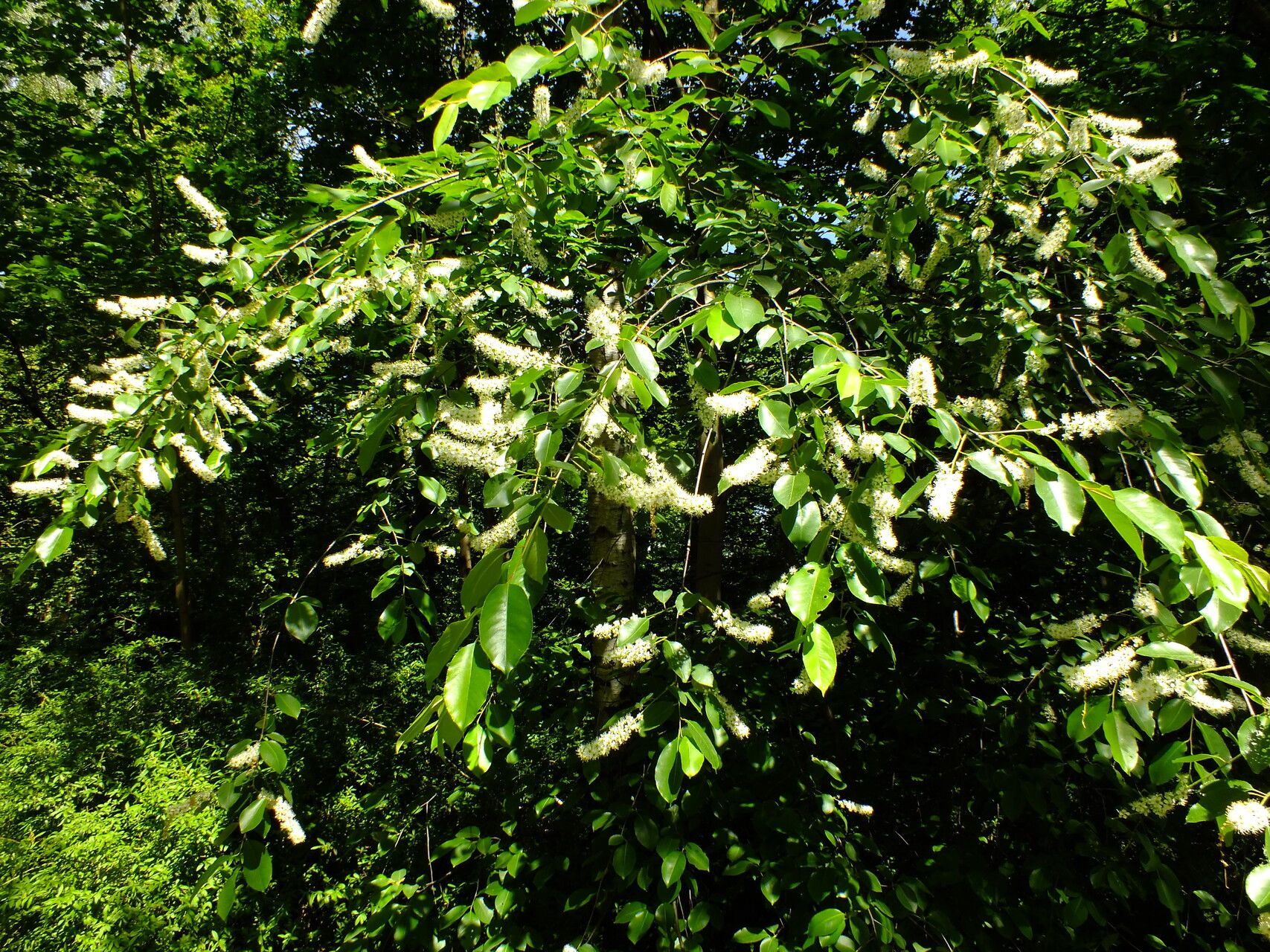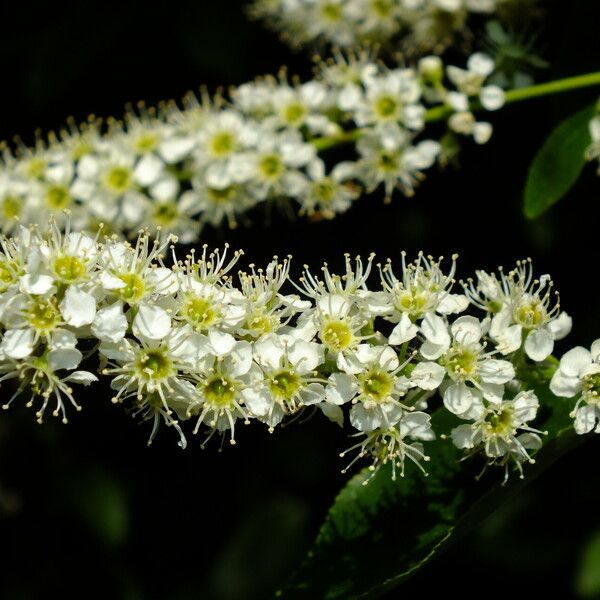Observation
Determination
Proposed determination
Most probable name (Submitted name)
100%Confidence score
Suggest another determination
You don’t agree with the suggested species but don’t have another suggestion
Comments
Additional data
Date created
May 10, 2024
Last revised
May 10, 2024
Łódź, Botanical Garden
Introduced to Poland at the end of XVIII century; invasive plant!
Ornamental plant.
Edible plant - fruits raw or cooked in pies, jellies, stews, etc., they must be fully ripened for to avoid a bitter taste; seeds raw or cooked.
Herbal plant - the bark of the root, trunk and branches is antitussive, astringent, pectoral, sedative, stomachic and tonic; a decoction of the inner bark has been used in the treatment of laryngitis; the root bark has been used as a wash on old sores and ulcers; fruits are astringent and has been used in the treatment of dysentery.
Useful plant - a green dye can be obtained from the leaves; a dark grey to green dye can be obtained from the fruits; the reddish-brown wood is close and straight-grained, light, strong, rather hard, highly shock resistant.
In Poland, it is sometimes planted in the undergrowth in pine forests and in mixed coniferous forests to enrich biodiversity and ameliorate soil conditions.
Shared in
Groups (16)







